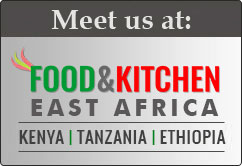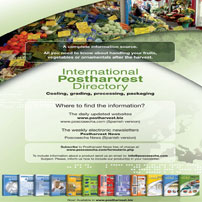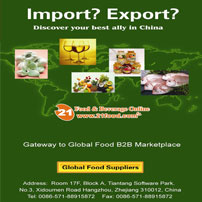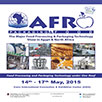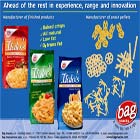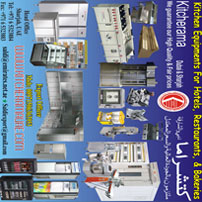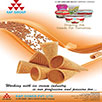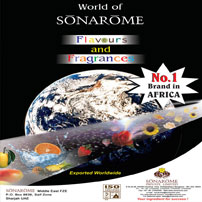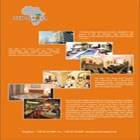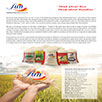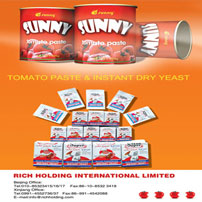

M a r k e t N e w s
Kenya chooses GM and biotech, but there are smarter ways to feed Africa
Posted on : Friday , 8th August 2014

Kenya’s Deputy President William Ruto has made the case for Africa to use biotechnology in food production to deal with hunger and poverty. But when it comes to the issue of food security in Africa, there are often hidden agendas at work. There’s a lot to be gained by agri-tech companies if leaders blindly promote biotechnology.
Biotechnology is, generally speaking, the use of living organisms to fulfil a practical function, and we have a lot to thank it for. For example, beer and milk come from processes that involve biotechnology and we even produce antibiotics from genetically engineered bacteria. It plays a prominent role in agriculture too – more than half (59%) of the world’s 2007 soybean crop is from genetically modified (GM) crops, for example.
However, we are in danger of overestimating the value of GM crops as a solution to Africa’s food supply problems, at the expense of other options such as agroecology and climate smart agriculture which are constantly overlooked. It seems the issue of food security has to include biotechnology, simply to justify the work behind it all.
The main ideas within agroecology and climate-smart agriculture are the conservation of energy and the use of renewable resources. Artificial fertilisers are replaced with natural nitrogen fixing plants, the use of toxic substances such as chemical pesticides is minimised, and techniques that make the most of the indigenous environment and natural resources are emphasised.
The blame for famine and interruptions to food supply is often attributed to drought, which in some regions has been exacerbated by climate change and mismanagement of water and land. But this is an over simplification – the problems Africa faces feeding people are as much political, social and ecological. In the face of climate change-induced droughts, discussions jump straight to the role of biotechnology as the only answer, and this eclipses any chance to look at other solutions.
A recent Chatham House research paper identifies the role biotechnology can play to increase farm productivity and adapt agriculture to climate change, highlighting that “biotechnology, and in particular genetic modification (GM), offers advantages over conventional plant breeding approaches”. This is well and good but is it a reliance on such conventional approaches that causes food supply problems in Kenya? No, insecurity of food supply in Kenya stems from multiple contributing factors, and crop failure from drought is rarely the only cause. Singling out lack of rainfall is therefore misleading because it ignores a number of wider political issues.
For Kenya, as in many other regions with food security problems, the reality is that there is a lack of investment in farming infrastructure such as roads, crop storage, and irrigation in vulnerable areas. Access to farm land and land grabbing by foreign corporates are also problems, as are local conflicts and high refugee movements in border areas. Other issues include the spread of the aggressive, invasive tree species such as Prosopis juliflora. Biotechnology will not address any of these issues.
In many of the food-insecure areas of Kenya traditional pastoralism is still practised, where farmers rear herds of livestock. In these cases while a change to include growing crops should be encouraged, it does not require the introduction of biotechnologies. Farmlands can be adapted to the changing conditions by using agroecological methods, such as nutrient recycling and water conservation.
When combined with climate-smart agriculture, farmers can build an ecological resilience that is not reliant on external sources of fuel or fertiliser, and the global markets that supply them. For example, in northern Kenya there is an abundance of the neem tree (Azadirachta indica), which are planted predominantly to provide shade. In fact as the neem tree is leguminous – it replenishes the soil with much needed nitrogen taken from the air. Most importantly, however, it can be used for the production of organic pesticides. I have stood in fields around Wajir in the North Eastern Province of Kenya and seen the pest-damage on local maize crops that has arisen because farmers do not know that the adjacent neem trees can be used this way. Other agroecological interventions using plants can replace artificial means to protect crops, ensure soil quality, and maintain water levels.
In the pursuit of food security we have to maximise local options and resources. Indigenous and traditional farming knowledge should be combined with ecological design to develop resilient farming systems that are grounded in the local political ecology. This creates an system that is based on an inherently low-carbon approach that is not overly dependent on external inputs such as fuel and fertiliser – that is a truly resilient and climate-smart agriculture.
Source : www.theconversation.com


